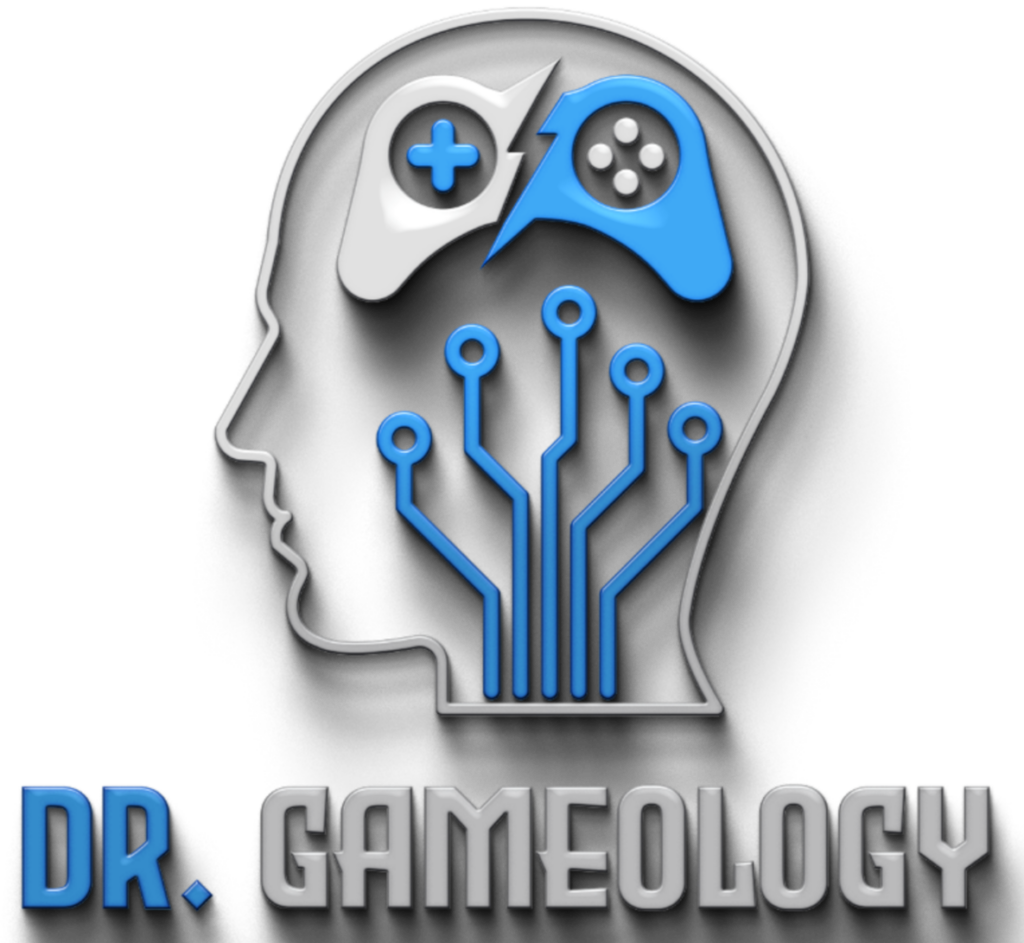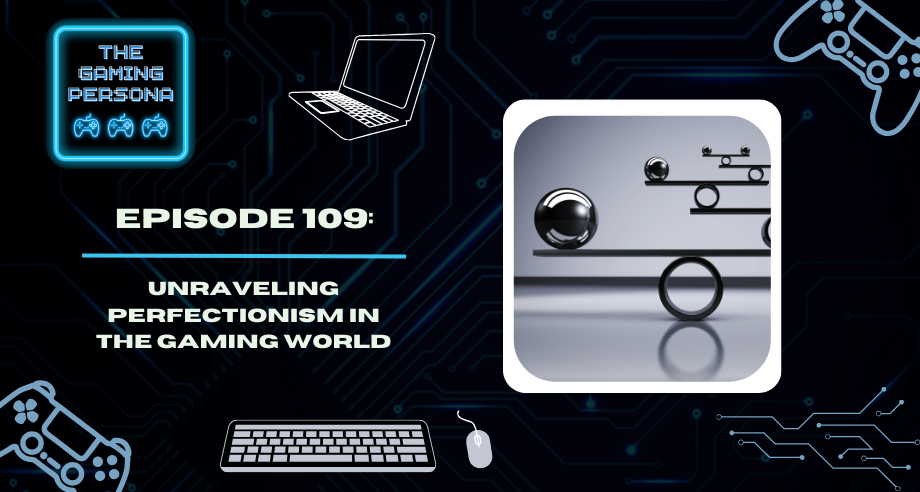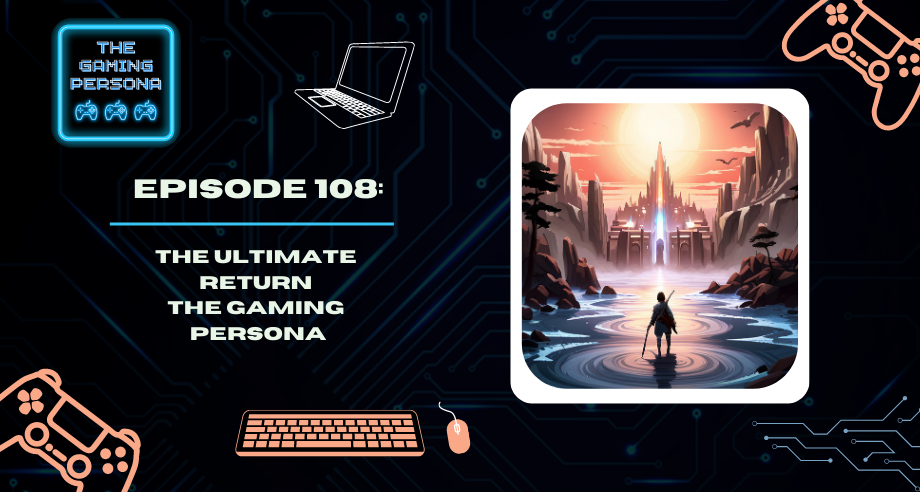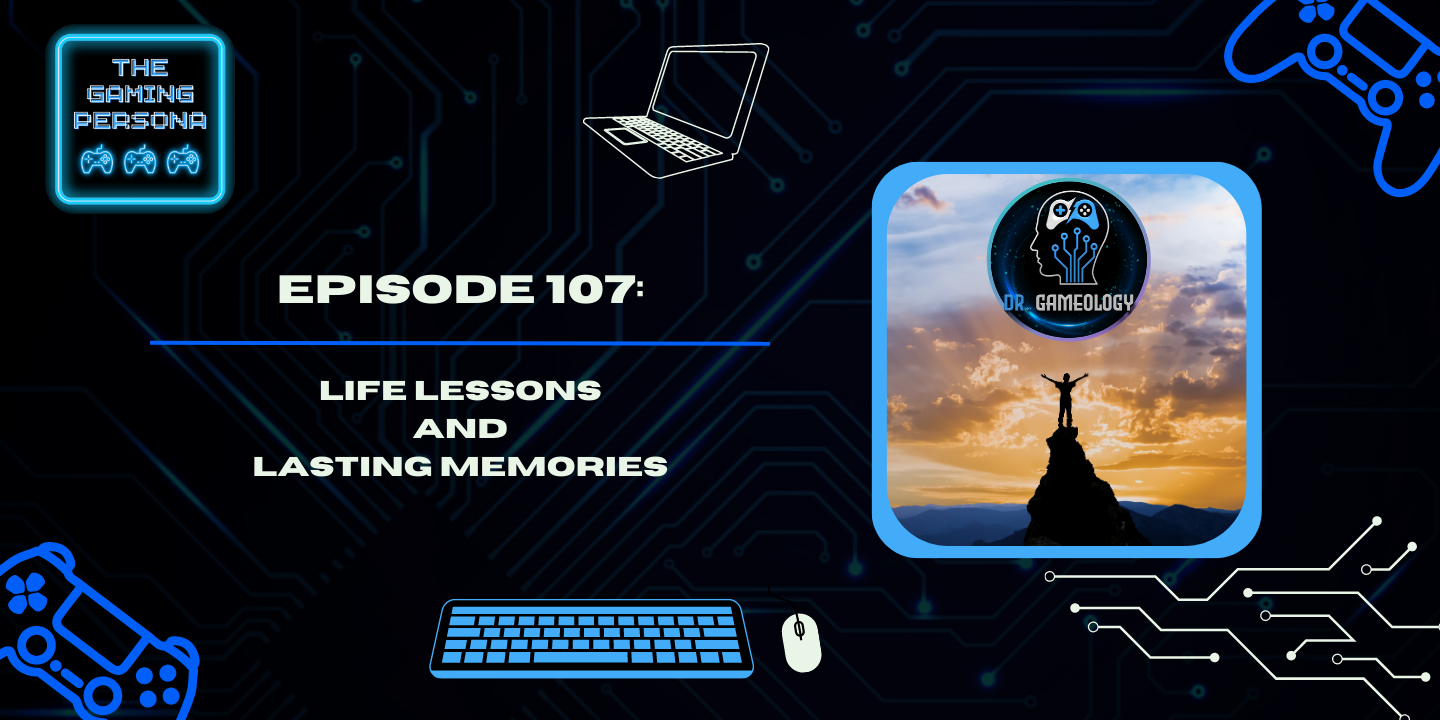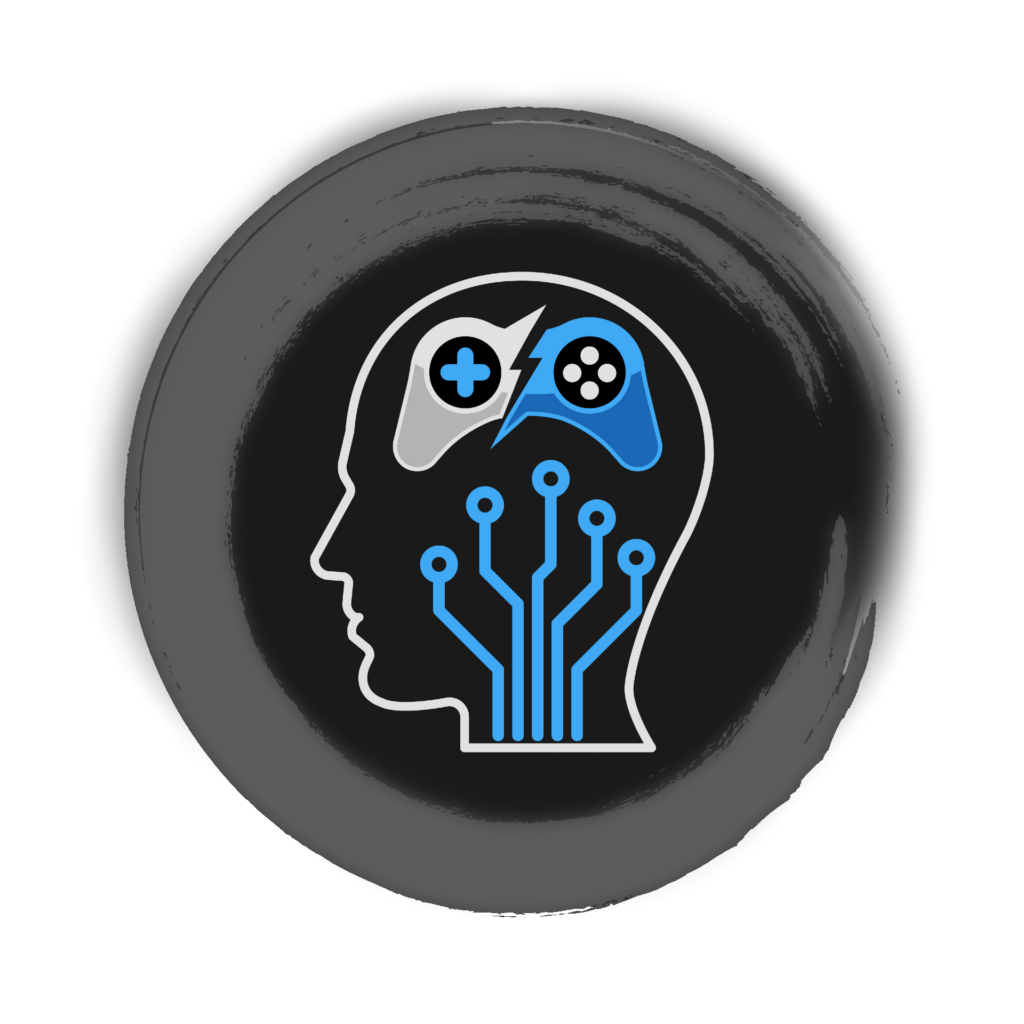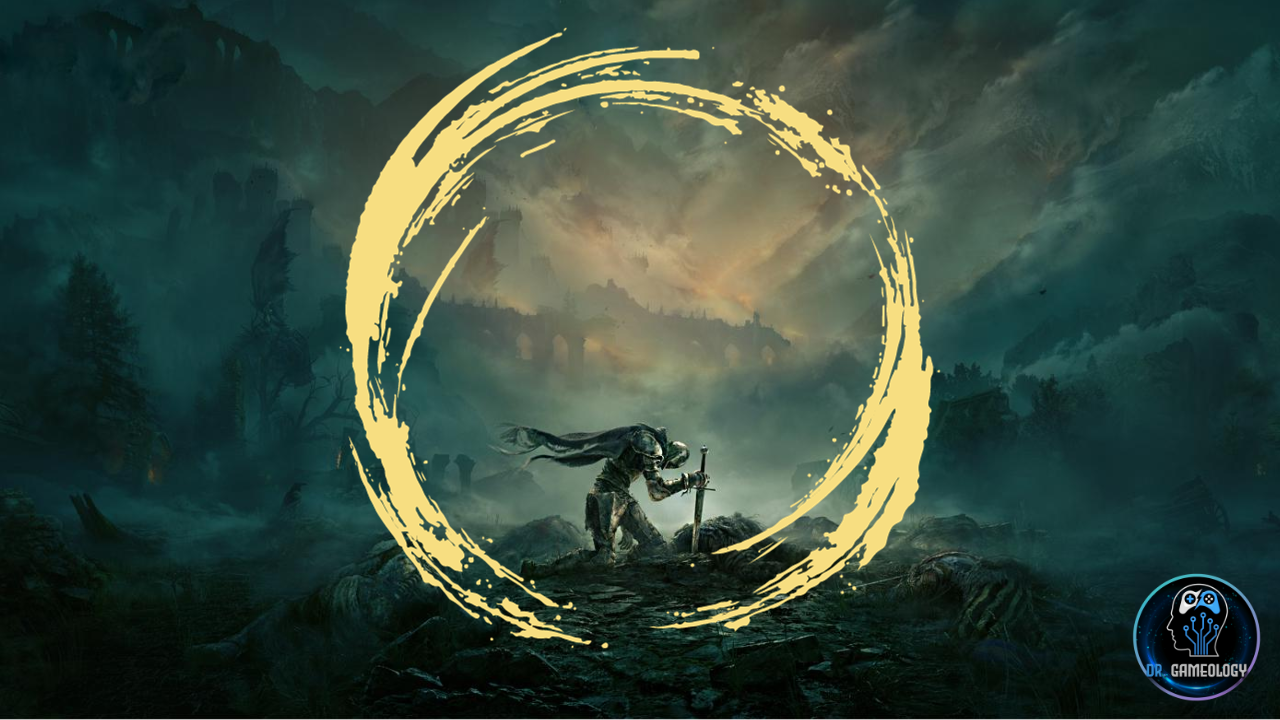Can your gaming experience be affected by your personal insecurities? Have you ever pondered the psychological implications behind your in-game choices? This episode addresses the impact of perfectionism and imposter syndrome on gamers, probing deep psychological layers of personal quests, from the gallant worlds of Magic the Gathering to the intricate narratives of Final Fantasy 16.
We’ll journey through the mental undercurrents that shape each player’s decision, such as class selection, and how these choices reflect their real-life struggles. Imposter syndrome often leads to an avoidance of difficult tasks, pushing individuals to seek solace in video games. These feelings of inadequacy can even influence game masters, altering their ability to execute complex stories. Also, we’ll navigate the perilous waters of microtransactions in games like Counter-Strike and Magic the Gathering Arena, their impact on those with imposter syndrome, and the dangerous obsession with perfection they foster.
This episode is not just a discussion; it’s an exploration of our human nature, a mirror reflecting our fears, doubts, and aspirations. We share our personal experiences, shedding light on the transformation of self-doubt into hope. We’ll decode the psychology of accomplishment, unpacking the mentality of perfectionism and helping you navigate the unreal constructs of perfectionism and imposter syndrome. Ready to level up your understanding of gaming psychology? Game on!
Download & Listen to this episode of The Gaming Persona Here:
Perfectionism in the Gaming World: The Ordinary World
What are some of the ways we notice perfectionism in gaming? Have you ever stopped to consider how personal insecurities can influence your gaming experience? This topic is the focus of our latest podcast episode, where we explore the profound impact of perfectionism and imposter syndrome on gamers. By probing deep psychological layers of personal quests, we draw connections between real-life struggles and in-game decisions, ultimately offering a mirror that reflects our fears, doubts, and aspirations.
In the vast, gallant worlds of Magic the Gathering and Nemesis Lockdown or within the intricate narratives of Final Fantasy 16, the effects of perfectionism in gaming and imposter syndrome subtly shape each player’s experience. They can dictate the selection of a class, push individuals to avoid difficult tasks, and even influence game masters’ ability to execute complex stories. We navigate the perilous waters of microtransactions in games like Counter Strike and Magic the Gathering Arena, discussing the potential negative impact on players struggling with feelings of inadequacy.
Imposter syndrome often leads individuals to seek solace in video games, creating an environment where these feelings of inadequacy can thrive. This syndrome is not merely a personal hurdle; it can fundamentally alter the gaming landscape. For game masters, these feelings can impede their ability to weave intricate narratives and execute complex storylines, potentially impacting the overall player experience.
However, the discussion on perfectionism in gaming doesn’t stop at identifying these challenges. Our exploration of gaming psychology also extends to strategies for transformation. We share personal experiences of turning self-doubt into hope, unpacking the mentality of perfectionism and offering practical guidance for navigating these unreal constructs. By delving into the psychology of accomplishment, we aim to shed light on the complex relationship between our gaming personas and our real-life identities.
In our pursuit of perfection, we may often fall prey to the dangerous obsession fostered by imposter syndrome. Yet, by recognizing and embracing our imperfections, we can begin to overcome self-doubt. In video game raids, for instance, players can glean insights into the mentality of perfectionism, understanding that quitting is often a sign of fear rather than a failure.
In essence, this episode serves as an exploration of our human nature through the lens of gaming psychology to notice and overcome perfectionism in gaming. Perfectionism and imposter syndrome, while daunting, are not insurmountable obstacles. By acknowledging these aspects of our psyche, we can take the first step towards a healthier, more balanced gaming experience. As we level up our understanding of gaming psychology, we’re not only improving our gaming skills but also gaining invaluable insights into our personal growth and development.
Important Links
- @DrGameology – Twitch
- Apple Podcasts – The Gaming Persona
- Spotify – The Gaming Persona
- Google – The Gaming Persona
- LinkedIn – Connect with Me
- Blogs – Dr. Gameology
